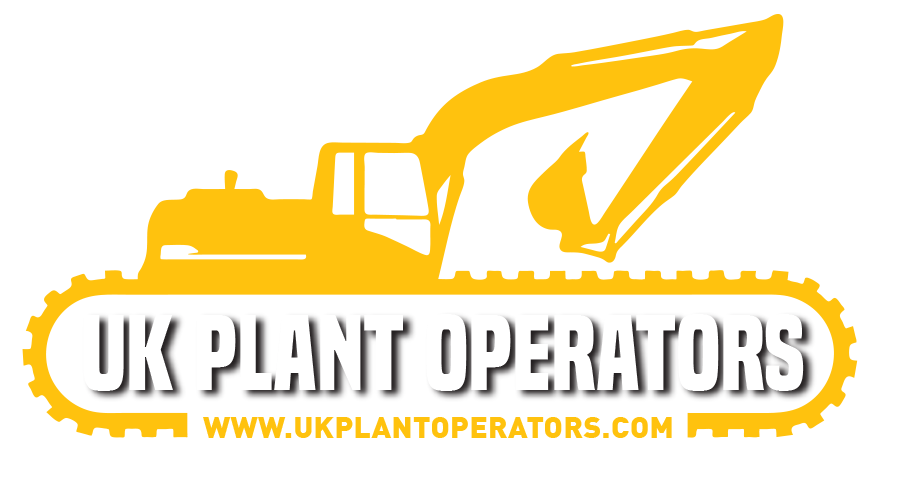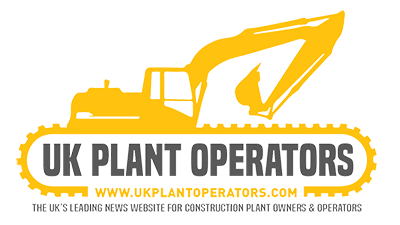![]()
Automation software aiding UK manufacturing post-COVID-19:
Post COVID-19 predictions can paint a bleak picture for the future of manufacturing. There is no denying that this pandemic has changed the state of industry, but the impact of the crisis has not been all negative. Here, Martyn Williams, managing director at COPA-DATA UK examines how manufacturers can positively adapt to resuming the new normal.
UK manufacturing has experienced an enormous change. Some companies are working remotely, while others have completely switched their production output. Of course, there have been some obvious negative impacts. Consider the automotive sector as an example, the closure of car plants from March to mid-May this year is expected to cost the car industry £8.2 billion, according to research from the Society of Motor Manufacturers and Traders (SMMT).
On the other hand, some sectors have experienced the opposite effect. Food production witnessed an unprecedented boom at the beginning of the pandemic, while some fast-moving consumer goods (FMCG) manufacturers repurposed production lines. Many adapted to produce sought-after personal protective equipment (PPE) and medical supplies. For instance, several distilleries halted the production of spirits to manufacture disinfecting alcohol.
Many facilities also ramped up production to around the clock manufacturing – particularly to produce critical items such as PPE and hand sanitizer. Put simply, Britain’s manufacturers stepped up to the challenge.
Industrial software for new products
Despite the impressive shift in manufacturing, it has been made abundantly clear that technology is required to make this rapid change happen. With plants switching up production lines to increase volume and production flexibility, manufacturers have needed to be incredibly cautious about the overall cost and feasibility of their operation.
Let’s consider plastic manufacturing as an example.
A producer of food packaging plans to repurpose its facility to manufacture PPE face shields. The site may be familiar with working with high grade and hygienic plastics, but the process for manufacturing face shields will differ greatly to their usual operation. Combine this with a reduced number of production operatives working in the facility, and the manufacturer is increasingly reliant on data to oversee production.
Moving forward, manufacturers will be increasingly reliant on automation software, like COPA-DATA’s zenon. The software allows production operators to make decisions based on what is happening on site at that very moment. For instance, a plant manager can receive information on the efficiency of its production line, such as the amount of waste produced from a process. Using this data, an operator can immediately identify how to adjust production to reduce waste — this is particularly important for a manufacturer producing new, unfamiliar products.
Smart licensing for diversification
COPA-DATA has seen an increasing demand for flexible licensing of zenon to accommodate for diversification in manufacturing. To repurpose a production line for a short period of time requires flexible payment structures.
Unlike traditional CAPEX purchases, which typically consist of purchasing a service for more than a year, short-term subscription-based licence models have appealed to manufacturers during this time and are likely to do so moving forward.
An OPEX budget, which describes solutions purchased on a day-to-day basis, allows plant managers to increase production or repurpose their factories more flexibly, with investments made only when the software is in use. For example, when the packaging manufacturer in our aforementioned example returns to its normal pace of production, the software can be scaled down appropriately.
This is not only beneficial for unprecedented production shifts — such as those experienced during the pandemic — but will also allow manufacturers to adapt more quickly to trends and customer demand for specific products.
Remote flexibility
It is impossible to discuss the impact of COVID-19 without discussing remote working.
The pandemic has forced flexibility to the heart of all manufacturing practices, with remote monitoring of equipment as well as remote working for employees. The introduction of virtual monitoring means that real time production data and analytical tools are essential to remote access to data, while ensuring its security.
With these remote methods in place, access to secure, real-time data has become essential to plant managers to gain a real understanding of production. Technology has been essential to allow manufacturers to adapt, diversify and monitor during the pandemic.
And while post COVID-19 predictions are not always positive, there is no doubt the industry has learned from the experience. With a greater need for flexibility and real-time data — both during and after the pandemic — manufacturers that turn to automation software can adapt and resume the new normal practices.























